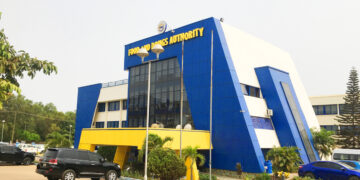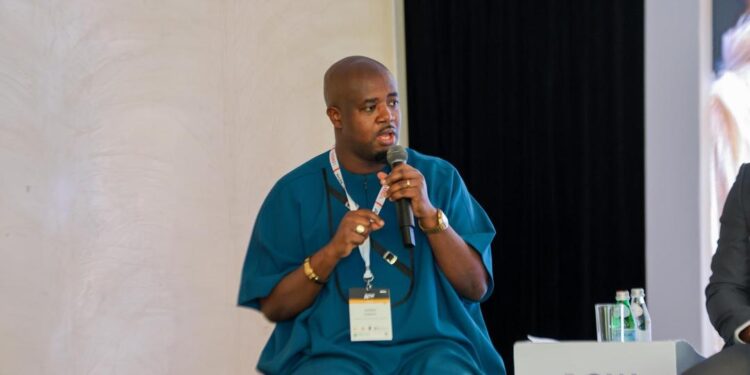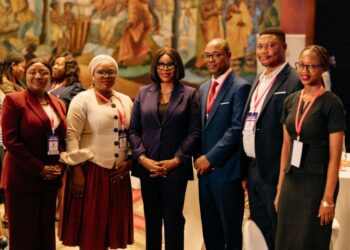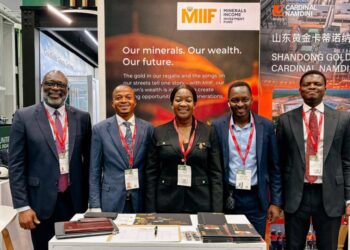The Chief Executive of the National Petroleum Authority (NPA), Godwin Kudzo Tameklo (Esq.), has underscored the urgent need for Ghana to acquire a second Conventional Buoy Mooring (CBM) facility to enhance fuel import efficiency and cut costs.
Speaking during a panel discussion at the Africa Oil Week 2025 (AOW) in Accra, held from September 15–18 at the Kempinski Gold Coast Hotel, Mr. Tameklo explained that the additional CBM would allow two vessels carrying diesel and petrol to berth simultaneously, reducing discharge delays and demurrage charges.
“As a regulator, one of the things we are trying to look at, is the issue of discharge, which has become a major problem but thankfully, the Energy minister, John Abdulai Jinapor, has agreed and we are at the stage of getting government approval for a second Conventional Buoy Mooring facility (CBM). Once we do that, we can have a situation where two vessels will be berthing diesel and petrol at the same time, that will significantly cure the problem of delay and associated with delay is demurrage costs and so even if you are investing in such a facility, the thinking is that, the throughput fee alone will have the capacity of repaying for itself,” Mr. Tameklo said.

He further stressed the need for urgent infrastructure upgrades at the Takoradi Jetty, particularly in storage capacity, calling on the Bulk Oil Storage and Transportation Company Limited (BOST) to step in.
“BOST will need to help us, the Takoradi Jetty can pick not less than 65,000 metric tonnes of products, but the question is do we have the corresponding storage facility to pick the products when they come? We need critical infrastructure over there. I do not want to be the regulator that goes into the market because then, you cannot be a player and a regulator at the same time and so we can only pitch either for private investment or the national strategic company BOST to engage,” he stated.
Mr. Tameklo warned that without adequate storage, Ghana risks undermining efficiency in the downstream sector, with implications for both supply reliability and pricing.
Other industry leaders at the panel also highlighted investment opportunities in Ghana’s energy sector. Mrs. Judith Adjobah Blay, CEO of the Ghana National Gas Company, revealed plans to commercialise pentane gas in line with the government’s green transition agenda.
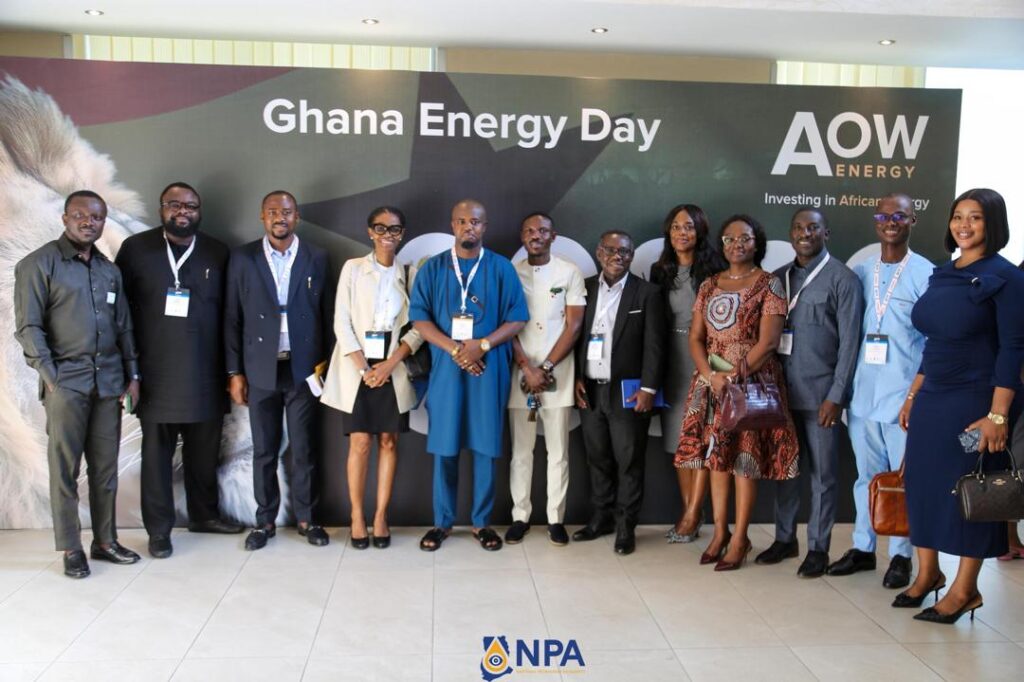
“To fit in the green transition agenda, there are plans to commercialise pentane gas. As of now, if you go to Ghana Gas and you see a flare, it’s because we are flaring that product (pentane) but because we don’t want to flare to fit into our green transition agenda, we simply as a country do not want to flare gas, so it is the agenda for us to look into a feasibility study to commercialise pentane, I believe that it is a product that can be used for several things,” Mrs. Blay said.
The Managing Director of the Tema Oil Refinery (TOR), Mr. Edmond Kombat, assured that efforts are underway to revive operations and restore profitability.
Meanwhile, BOST’s Managing Director, Mr. Afetsi Awoonor, disclosed that the company is revamping existing infrastructure and working with SONABHY of Burkina Faso to enhance petroleum supply to Sahelian markets.
The discussions reflected a shared commitment to align infrastructure expansion, environmental sustainability, and regional cooperation to strengthen Ghana’s downstream petroleum sector.
With growing investor interest, stakeholders expressed optimism about Ghana’s potential to become a reliable energy hub for West Africa.
The 31st edition of Africa Oil Week, held in Accra for the first time after three decades in South Africa, brought together industry leaders to shape the continent’s energy future through policy development, investment, and innovation.

















